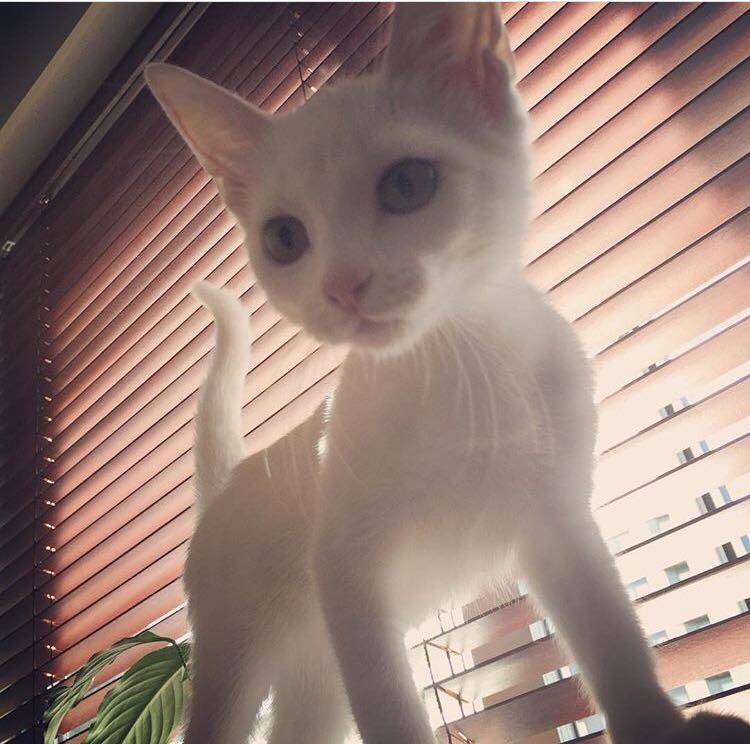- Feeding
When you bring your new kitten home try to continue using the same food at least in the first few days. If you want to change your kittens food to a different brand make this a gradual process over 5 – 7 days. Kitten food will have all the nutrients and vitamins they require, and vitamin supplements are not needed. If your kitten develops diarrhoea, stop the kitten food and feed boiled chicken or fish for a few days. Cats do not need milk once they are eating kitten food and it can cause diarrhoea. Fresh tap water should be available at all times. Continue feeding 3x daily until 6 months old, and then 2x daily. Dry food is better for your cats teeth as they get older. It may also be more convenient in warmer weather than wet food, but a mix of both may be offered.
- Worming
Most kittens will have worms which have been passed from their mum. They will need worming when acquired (usually around 8-9 weeks of age). Worming comes in tablets or more commonly a spot on treatment from the vet.
- Vaccinations
We recommend vaccinating your kittens to protect them from air born viruses such as cat flu, and cat enteritis ( diarrhoea). Leukaemia vaccination is also usually included, and is recommended for any cat that will go outdoors. Yearly vaccination boosters are required to maintain their immunity.
- Training
Kittens are not as easy as dogs when it comes to being trained – cats are just more independent! However they should be provided with scratching posts, and have lots of toys to play with. A piece of paper rolled up into a ball can give a lot of fun! Avoid playing with cotton thread or wool as they are dangerous if swallowed. If they are badly behaved with biting an scratching, do not tell them off as they won’t understand and it may make them fearful. Just ignore them by leaving the room or by putting them in an area by themselves.
- Flea treatment
Should be used regularly for both indoor and outdoor cats (indoor cats may also pick up fleas, brought in on clothing, or by other pets). We recommend monthly spot on treatment with Stronghold ( which also treats the common worms -roundworm). Flea injections that are given every 6 months are also available. Flea collars and treatments from supermarkets are normally ineffective. Treatments from the vet are far more effective in preventing flea infestations occurring.
For further information on kitten and cat care see our other blogs :
How to stop kittens and cats scratching furniture
Tips to stop your cat spraying or toileting in the house
How to train your kitten to play without biting
Choosing a kitten – top ten tips
Cat carriers- how to get your kitten or cat to enjoy going in


